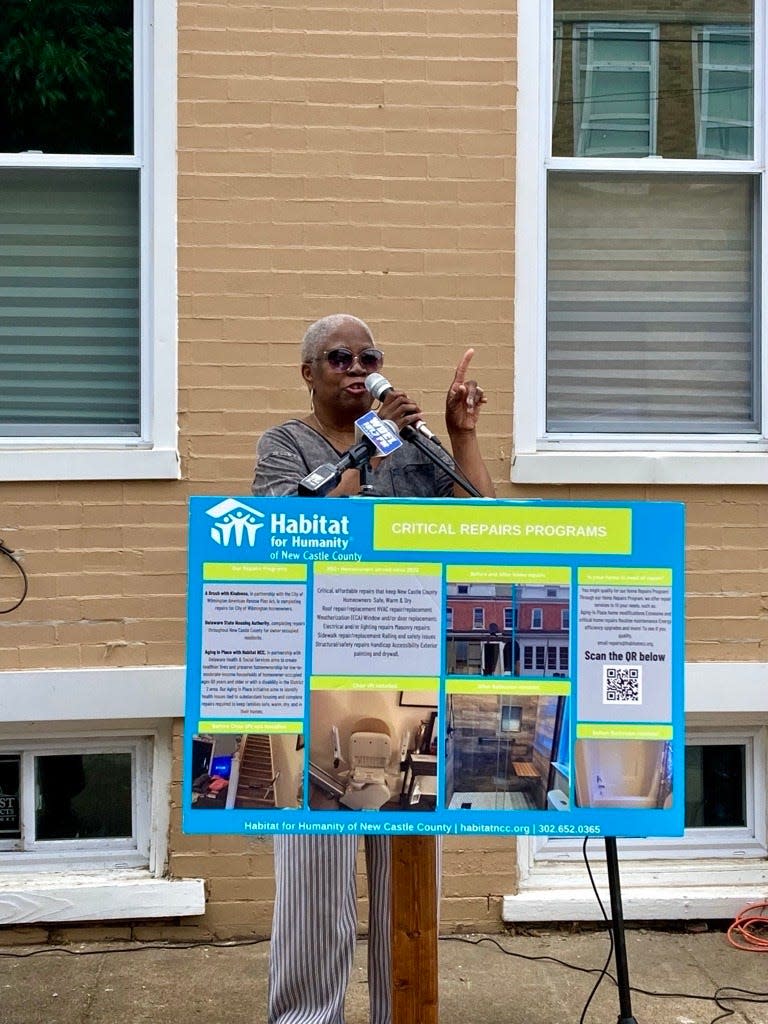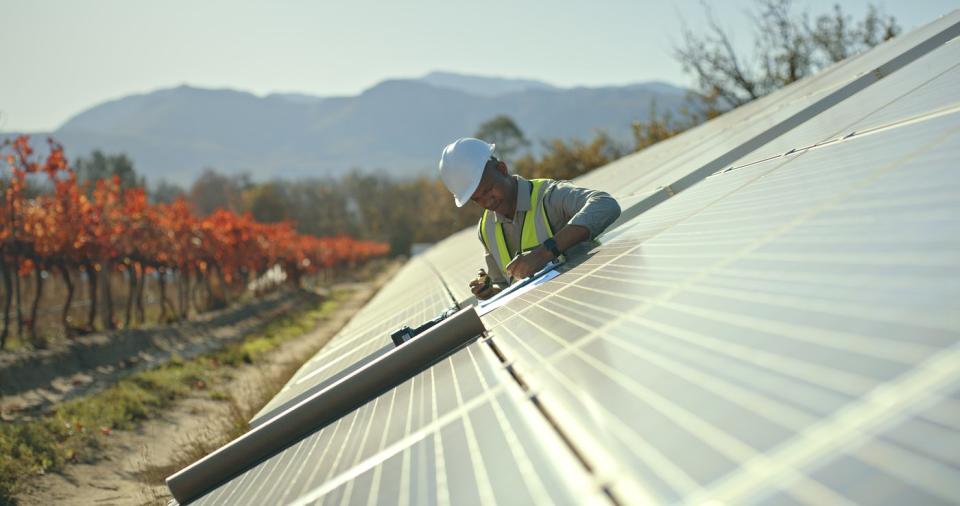This essay was originally published as part of the Center on Reinventing Public Education’s 2023 “State of the American Student” report. As part of the effort, CRPE asked 14 experts from various sectors to offer up examples of innovations, solutions or possible paths forward as education leaders navigate the current crisis. (See all the perspectives)
The impacts of the Covid-19 pandemic are likely to be profound and long-lasting. We have already seen substantial short-term effects on young people’s educational experiences, particularly for those from less advantaged backgrounds. It is vital that we fully understand these impacts, including the burden on ethnic minorities and those from lower socioeconomic backgrounds.
Amid the pandemic, a team across UCL and the Sutton Trust (a think tank with 25 years’ experience researching social mobility), established the COVID Social Mobility and Opportunities study (COSMO for short) to play this vital role for England. Our aim is to build the evidence base to understand the pandemic’s long-term effects on educational and career trajectories.
Get stories like these delivered straight to your inbox. Sign up for The 74 Newsletter
The study focuses on the experiences of a cohort of young people (those aged 14–15 at the onset of the Covid-19 pandemic) for whom the disruption had a particularly acute impact at a crucial moment in their educations—with minimal time for catch-up before graduating from secondary school. In addition, this group’s national age-16 examinations (known as GCSEs) were replaced with purely teacher-assessed grades, throwing their usual post-16 transition into further uncertainty.
COVID & Schools: How England Is Researching the Pandemic’s Deep Impact on Kids
COSMO has recruited a representative sample of over 13,000 young people in 500 schools across England, over-sampling disadvantaged and ethnic minority groups and targeting other hard-to-reach groups. Young person and parent questionnaires—enhanced with educational administrative data—have collected rich data on young people’s experiences of education and well-being in the aftermath of the pandemic, along with information on their post-16 education transitions. Key findings include:
Young people’s educational experiences during Covid-19 lockdowns varied considerably.
To take one example, we looked at live online lessons, perhaps emblematic of schooling during this period—but certainly not experienced universally. In the early pandemic, the most dramatic differences were between the state and private sectors. State schools with more advantaged students caught up with the amount of live online lessons provided by private schools in the early 2021 lockdown. But schools with poorer students continued to lag, likely because they were tackling important welfare needs.
COVID & Schools: How England Is Researching the Pandemic’s Deep Impact on Kids
Young people from less advantaged homes were more likely to report barriers to learning at home.
They were less likely to have a quiet space to focus on learning and more likely to use a mobile device or to share devices to carry out online activities. We also confirmed that those affected by these issues did indeed report spending less time on schoolwork during lockdowns.
The impacts on learning are widespread—and recognized.
Four in five young people told us that their educational progress suffered due to the pandemic. Almost half said that they had not caught up with the learning they lost. Over a third felt they had fallen behind their classmates. This rises to almost half for those who attended schools with the most disadvantaged students.
COVID & Schools: How England Is Researching the Pandemic’s Deep Impact on Kids
Efforts to help students catch up have not reached as many as we might hope.
This is perhaps unsurprising given that England’s catch-up spending plans were estimated to be worth around £310 per pupil, vs. £1,830 in the United States. Almost half of young people in the cohort reported that they had received no specific catch-up learning at all. Despite the efforts of the government’s National Tutoring Programme, which aimed to put one-on-one and small group tutoring at the heart of catch-up plans, only 27% of the sample reported receiving this type of assistance.
On a more positive note, there is encouraging evidence that those who did receive small group tutoring were more likely to be from less advantaged backgrounds.
Those who took up tutoring also performed better in their teacher-assessed age-16 examinations, compared to similar individuals who were offered tutoring but did not take it.
COVID & Schools: How England Is Researching the Pandemic’s Deep Impact on Kids
We are not the only study across the world aiming to track the long-term implications of the Covid-19 pandemic for young people’s life chances. For example, Generations, led by the Australian National University, is taking a similar approach to ours, tailored to their own context. Other researchers likely are working with similar aims, again with variations depending upon differences in their national contexts and education systems.
Hopefully, we are only at the start of the journey for COSMO. We plan to follow young people as they continue their transition into adult lives, checking in every couple of years or so. This builds on the UK’s existing cohort studies, some of which are now following their members into retirement. About half of our cohort will make this transition via university, starting in autumn 2023. We will seek to learn about their academic preparation for higher education and how they are managing financially against a difficult economic backdrop, among other priorities. Our longer-term follow-ups will focus on experiences in the labor market, family formation, and all other aspects of adult life. Crucially, our research will allow us to understand how these experiences differ depending upon their experiences of the pandemic—and how this has mediated preexisting inequalities.
See more from the Center on Reinventing Public Education and its 2023 “State of the American Student” report.
Signup bonus from



